As time goes on and years pass by, it’s getting tougher to build a career. Especially now, with AI becoming a big deal, career development has become even trickier. People are focusing on keeping their jobs while trying to speed up their career growth faster than ever. (nobody wants to be replaced by a program, right?)
To help make the process of career development simpler, I’ve split it into five main steps: figuring yourself out, setting goals, making plans, taking action, and tweaking things as you go. You don’t need to master any of these steps. Just try not to hold onto your job and zoom ahead with a proper career development plan.
What is Career Development?
First of all, let’s clear up a misconception: career development isn’t just about finding a job. It is more than that. Career development refers to the ongoing process of managing your career, not just from a job standpoint but from a broader perspective. It involves various elements like skill enhancement, gaining experience, and personal growth.
A good career development plan involves making full use of your short-term skills to build a long-term career. It’s about growing, learning, and advancing in your career. But why did I say short-term skills?
See, the world is unpredictable, and so is your career. You don’t know when and where you’d have to switch skills, niche, and industry. Hence, you need to be adaptable to the growing demands and shape your skill set accordingly. This, too, is a part of a solid career development plan.
Highlighting the Difference between a Job and a Career
As I’ve talked about, the misconception above lets you believe that a job and career mean the same. You couldn’t be more wrong. See:
A job is typically a specific role or position you hold to earn money. It often involves specific tasks and responsibilities within a company or organization. Jobs can be part-time or full-time and might not always align with your long-term aspirations. People often take on a job to fulfill immediate financial needs or gain work experience.
For example: working as a cashier at a store or a software developer at Fountane.
On the other hand, a career is a series of connected employment opportunities where you build skills, gain experience, and work towards your long-term professional goals. It involves a more strategic approach, focusing on personal development, advancement, and achieving professional milestones.
For example:
- Starting as an intern in a marketing firm, then progressing to become a marketing executive and later a marketing manager.
- Beginning as a junior software developer and working up to become a senior software engineer or project manager.
Also read: Importance of Career Planning
How a Career Development Plan Works
Now that we are clear on what career development means, let’s talk about how it works. Career development comes in different shapes, with two primary paths: within an organization or independently.
1. Through an Organization
If you’re working within a company, you might have access to a bunch of resources that can help your career grow. These could be training programs, mentorship opportunities, or workshops offered by your employer. Plus, there’s a support system right there in the office – your colleagues and bosses can be a big help.
This route often gives you clear paths for moving up within the company. You might have easier access to new roles or extra responsibilities because the organization has a structure in place for growth.
You might’ve heard about people who started in a junior position 20 years ago and have become the CEO/COO/Director of the firm. Yes, that’s an example.
2. Working Independently
Now, if you’re more of a free spirit like me, developing your career independently is the way to go. It means taking charge of your own growth.
You’d be using online tools like social media and e-learning platforms to learn new stuff and expand your skills. Going to conferences, networking events, and even chatting with career counselors or coaches are things you’d be doing to build your career. Keeping yourself updated through industry updates and self-learning tools is also key here.
The catch here is that since you don’t have the support of an organization, you’ll need to be pretty proactive. You’re the one making the decisions, planning your career path, and ensuring you stay on top of your game by constantly learning new things.
Types of Career Development
When it comes to growing your career, there are a few different paths you can explore. Let’s break it down:
Vertical Growth: This means climbing up the ladder within your current field or company. Think of promotions or moving up to higher positions with more responsibilities. (Like the example we saw above)
Lateral Moves: Sometimes, it’s not just about going up. Lateral moves involve switching roles within or outside your current company that might not be higher but offer new experiences or challenges.
Skill-Based Advancements: Focusing on acquiring new skills or enhancing existing ones. This could involve taking courses, getting certifications, or diving deep into learning something new on the job.
In terms of getting ahead, formal education, certifications, and on-the-job experiences play a big role. They add weight to your resume and make you a more attractive candidate for promotions or new opportunities.
How to Develop Your Career (Career Development Plan)
Creating a career development plan for professional growth involves a systematic approach to achieving your career aspirations. Let’s dive into the steps you can take:
1. Self-Assessment
Understanding yourself is the first step. Evaluate your strengths, weaknesses, skills, personality, interests, and values. This introspection helps align your attributes with potential career paths.
This will save you from becoming a biologist if you have skills of a mathematician.
Skills Assessment: Identify your strong suits and areas needing improvement. Consider self-assessment tests or tools specific to your career field.
Interest Exploration: Discover your passions to explore career paths that resonate with what excites you.
Values Identification: Recognize your core values and priorities, as they greatly influence career satisfaction. It may sound far-fetched, and the majority don’t bother about it, but it helps.
2. Goal Setting
Once you are done with true self-assessment, the next step is to use the insights to set achievable career goals.
Skills Development: You must’ve got a list of skills you have or want to have. Focus on acquiring or enhancing those skills through courses, YouTube playlists, cohorts, or certifications.
Career Advancement: Aim to progress within your field based on your interests, values, and ambitions. If your current path doesn’t align with your interests or values, consider transitioning to a different field.
Setting clear, achievable goals is probably the most important step in formulating a good career development plan.
3. Action Planning
Goals are just ideal points that you can’t reach without a plan of action. Break down your career goals into actionable steps and create a timeline for each.
Skills Development: Plan steps to acquire new skills, like researching courses and implementing learned skills at work.
Career Advancement: Strategize actions for networking, seeking leadership opportunities, and gathering feedback for improvement.
Career Change: Outline steps for researching new careers, gaining necessary skills, networking, and transitioning smoothly.
Break down your goals into manageable smaller tasks to ensure focus and progress. You don’t want to burn out and leave halfway.
4. Implementation
Execute your action plan diligently. Allocate dedicated time regularly for skill development, networking, or job research. You need to keep track of milestones achieved and adjust strategies if necessary to stay on course.
Also, don’t shy away from your wins. Acknowledge and celebrate accomplishments to stay motivated and maintain momentum.
5. Refinement
Now, this is important. Everyone can follow the first four steps, but not all will succeed. Do you know why? Because career development and planning is as unpredictable as it can get. You never know when and what you might’ve to change.
Staying rigid and orthodox can prove to be a cancer for your career. Seek refinement.
Regular Reflection: Set aside time periodically to assess progress, review goals, and identify areas for improvement.
Seeking Guidance: Gain insights from mentors or experienced professionals to refine your action plan.
Adaptability: Be open to adjustments in strategies, timelines, or even career paths based on evolving circumstances.
Benefits of a Good Career Development Plan
1. Personal Growth: Career development isn’t just about professional advancements; it’s a journey that fosters personal growth, boosting confidence and self-awareness. (9-to-5 win, 5-to-9 win)
2. Enhanced Employability: Continuous skill enhancement and adaptability make you more attractive to employers, increasing your marketability and making your career AI-proof.
3. Job Satisfaction: A well-planned career development path often aligns with personal values and interests, contributing to greater job satisfaction. You want that, don’t you?
4. Increased Opportunities: Strategic career development opens doors to diverse opportunities, whether in the form of promotions, lateral moves, or career switches.
Build Your Career with FuelEd Community

FuelEd Community is a place that values your individual journey and skillset over traditional checkboxes like degrees and grades. Here, you’ll meet a diverse community of techies, designers, and driven individuals, all working towards building a real career.
FuelEd offers you a platform to flaunt skills through real projects and exciting contests, allowing you to build an impressive portfolio that speaks volumes. We also drop cash prizes and internship opportunities to the contest winners. (Yay!)
This community is a goldmine of resources. You get access to various career and tech blogs, podcasts, and videos while receiving mentorship from industry experts. It’s a hub where your creativity meets guidance, fostering personal and professional growth.
If you’re someone passionate about growth and skills and eager to learn in a supportive community, FuelEd is the place for you.
Join us today to connect, learn, and thrive together. Apply here, it’s FREE: Join FuelEd Community.
Conclusion
In times when career paths are no longer linear, a proactive approach to career development is essential. If I were to give you one piece of advice to take away, I’d say – “Remain adaptable and constantly fine-tune your strategies.” Whether you climb the corporate ladder within an organization or walk an independent course, you need an adaptable career development approach.
Remember, there is a big difference between a job and a career. Even if you get the job of your dreams, don’t ignore the importance of having a solid career development plan.





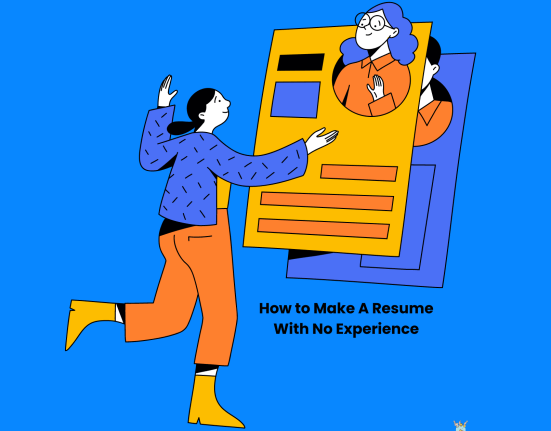
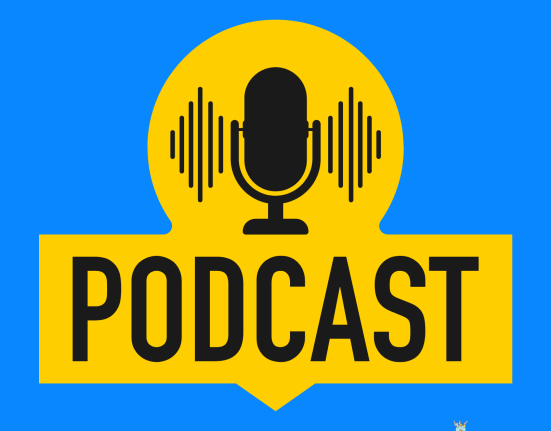

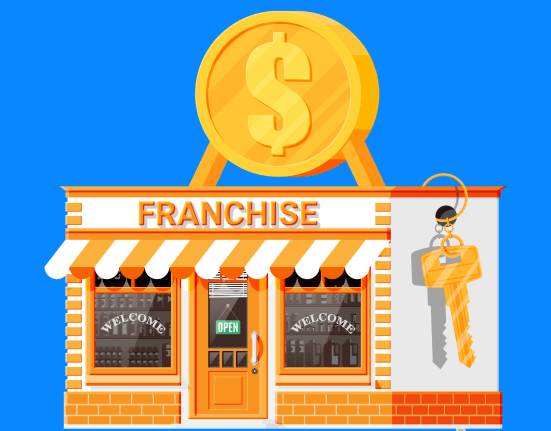
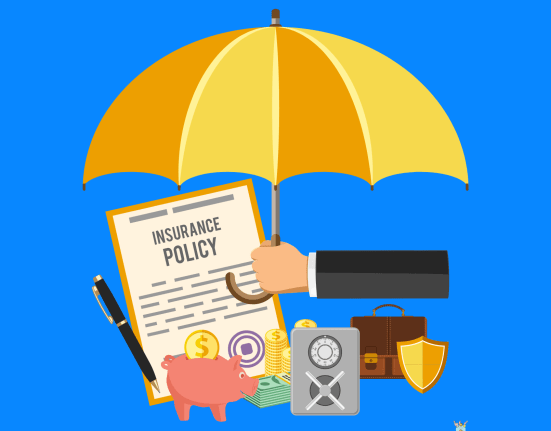
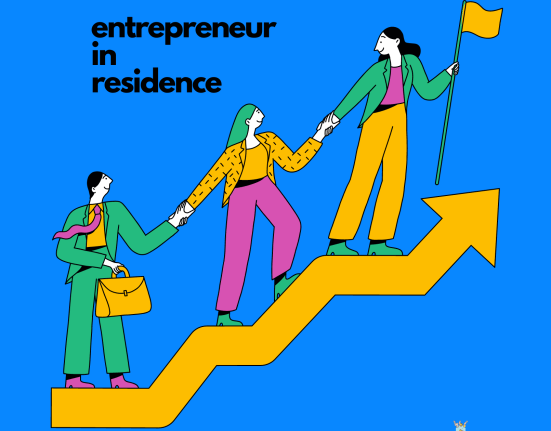
Leave feedback about this